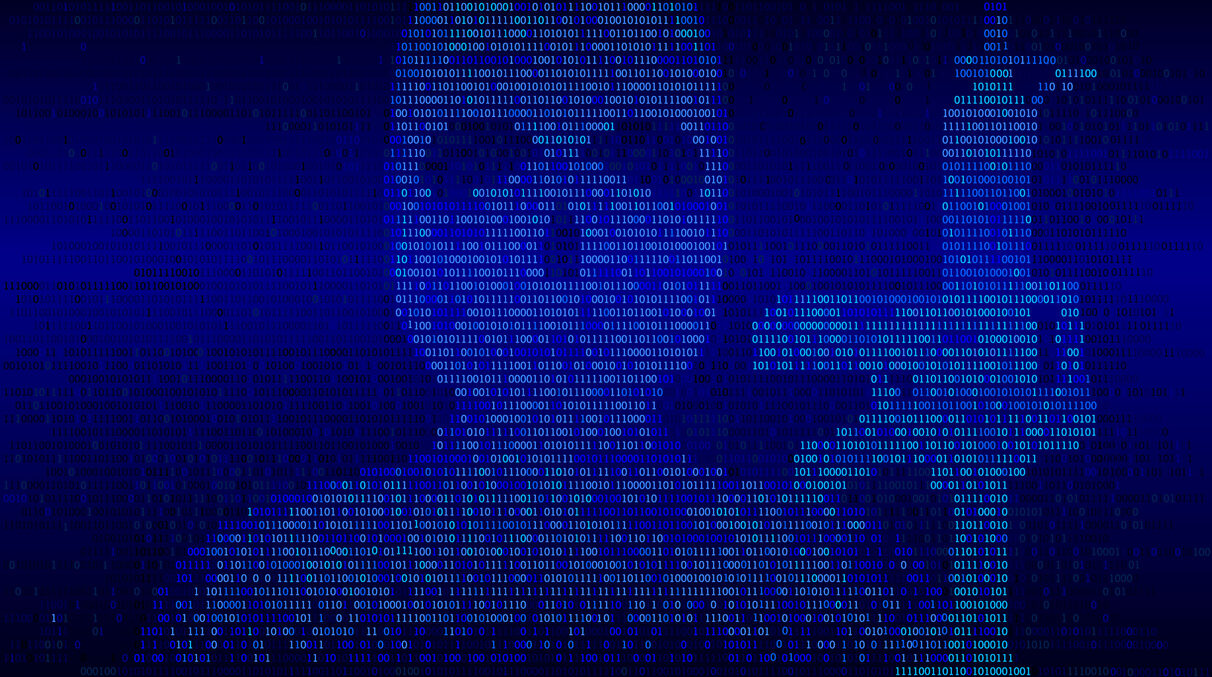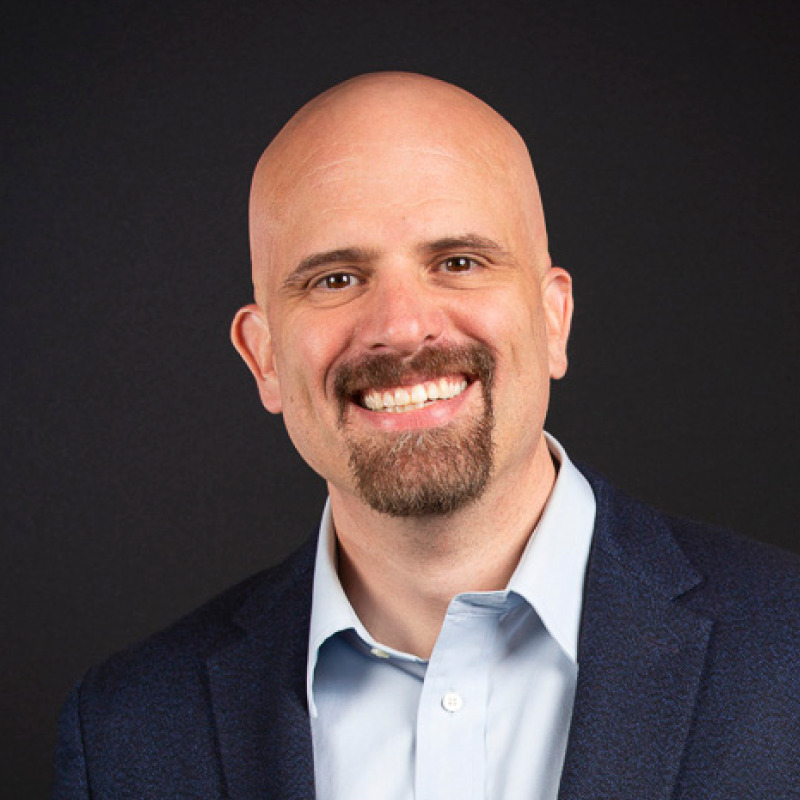
Later next month, the U.S. Supreme Court will hear oral arguments in Gonzalez v. Google LLC, a case that has drawn significant attention and many bad takes regarding how Section 230 of the Communications Decency Act should be interpreted. Enacted in the mid-1990s, when the Internet as we know it was still in its infancy, Section 230 has grown into a law that offers online platforms a fairly comprehensive shield against liability for the content that third parties post to their services. But the law has also come increasingly under fire, from both the political left and the right.
At issue in Gonzalez is whether Section 230(c)(1) immunizes Google from a set of claims brought under the Antiterrorism Act of 1990 (ATA). The petitioners are relatives of Nohemi Gonzalez, an American citizen murdered in a 2015 terrorist attack in Paris. They allege that Google, through YouTube, is liable under the ATA for providing assistance to ISIS for four main reasons. They allege that:
- Google allowed ISIS to use YouTube to disseminate videos and messages, thereby recruiting and radicalizing terrorists responsible for the murder.
- Google failed to take adequate steps to take down videos and accounts and keep them down.
- Google recommends videos of others, both through subscriptions and algorithms.
- Google monetizes this content through its AdSense service, with ISIS-affiliated users receiving revenue.
The 9th U.S. Circuit Court of Appeals dismissed all of the non-revenue-sharing claims as barred by Section 230(c)(1), but allowed the revenue-sharing claim to go forward.
Highlights of DOJ’s Brief
In an amicus brief, the U.S. Justice Department (DOJ) ultimately asks the Court to vacate the 9th Circuit’s judgment regarding those claims that are based on YouTube’s alleged targeted recommendations of ISIS content. But the DOJ also rejects much of the petitioner’s brief, arguing that Section 230 does rightfully apply to the rest of the claims.
The crux of the DOJ’s brief concerns when and how design choices can be outside of Section 230 immunity. The lodestar 9th Circuit case that the DOJ brief applies is 2008’s Fair Housing Council of San Fernando Valley v. Roommates.com.
As the DOJ notes, radical theories advanced by the plaintiffs and other amici would go too far in restricting Section 230 immunity based on a platform’s decisions on whether or not to block or remove user content (see, e.g., its discussion on pp. 17-21 of the merits and demerits of Justice Clarence Thomas’s Malwarebytes concurrence).
At the same time, the DOJ’s brief notes that there is room for a reasonable interpretation of Section 230 that allows for liability to attach when online platforms behave unreasonably in their promotion of users’ content. Applying essentially the 9th Circuit’s Roommates.com standard, the DOJ argues that YouTube’s choice to amplify certain terrorist content through its recommendations algorithm is a design choice, rather than simply the hosting of third-party content, thereby removing it from the scope of Section 230 immunity.
While there is much to be said in favor of this approach, it’s important to point out that, although directionally correct, it’s not at all clear that a Roommates.com analysis should ultimately come down as the DOJ recommends in Gonzalez. More broadly, the way the DOJ structures its analysis has important implications for how we should think about the scope of Section 230 reform that attempts to balance accountability for intermediaries with avoiding undue collateral censorship.
Charting a Middle Course on Immunity
The important point on which the DOJ relies from Roommates.com is that intermediaries can be held accountable when their own conduct creates violations of the law, even if it involves third–party content. As the DOJ brief puts it:
Section 230(c)(1) protects an online platform from claims premised on its dissemination of third-party speech, but the statute does not immunize a platform’s other conduct, even if that conduct involves the solicitation or presentation of third-party content. The Ninth Circuit’s Roommates.com decision illustrates the point in the context of a website offering a roommate-matching service… As a condition of using the service, Roommates.com “require[d] each subscriber to disclose his sex, sexual orientation and whether he would bring children to a household,” and to “describe his preferences in roommates with respect to the same three criteria.” Ibid. The plaintiffs alleged that asking those questions violated housing-discrimination laws, and the court of appeals agreed that Section 230(c)(1) did not shield Roommates.com from liability for its “own acts” of “posting the questionnaire and requiring answers to it.” Id. at 1165.
Imposing liability in such circumstances does not treat online platforms as the publishers or speakers of content provided by others. Nor does it obligate them to monitor their platforms to detect objectionable postings, or compel them to choose between “suppressing controversial speech or sustaining prohibitive liability.”… Illustrating that distinction, the Roommates.com court held that although Section 230(c)(1) did not apply to the website’s discriminatory questions, it did shield the website from liability for any discriminatory third-party content that users unilaterally chose to post on the site’s “generic” “Additional Comments” section…
The DOJ proceeds from this basis to analyze what it would take for Google (via YouTube) to no longer benefit from Section 230 immunity by virtue of its own editorial actions, as opposed to its actions as a publisher (which 230 would still protect). For instance, are the algorithmic suggestions of videos simply neutral tools that allow for users to get more of the content they desire, akin to search results? Or are the algorithmic suggestions of new videos a design choice that makes it akin to Roommates?
The DOJ argues that taking steps to better display pre-existing content is not content development or creation, in and of itself. Similarly, it would be a mistake to make intermediaries liable for creating tools that can then be deployed by users:
Interactive websites invariably provide tools that enable users to create, and other users to find and engage with, information. A chatroom might supply topic headings to organize posts; a photo-sharing site might offer a feature for users to signal that they like or dislike a post; a classifieds website might enable users to add photos or maps to their listings. If such features rendered the website a co-developer of all users’ content, Section 230(c)(1) would be a dead letter.
At a high level, this is correct. Unfortunately, the DOJ argument then moves onto thinner ice. The DOJ believes that the 230 liability shield in Gonzalez depends on whether an automated “recommendation” rises to the level of development or creation, as the design of filtering criteria in Roommates.com did. Toward this end, the brief notes that:
The distinction between a recommendation and the recommended content is particularly clear when the recommendation is explicit. If YouTube had placed a selected ISIS video on a user’s homepage alongside a message stating, “You should watch this,” that message would fall outside Section 230(c)(1). Encouraging a user to watch a selected video is conduct distinct from the video’s publication (i.e., hosting). And while YouTube would be the “publisher” of the recommendation message itself, that message would not be “information provided by another information content provider.” 47 U.S.C. 230(c)(1).
An Absence of Immunity Does Not Mean a Presence of Liability
Importantly, the DOJ brief emphasizes throughout that remanding the ATA claims is not the end of the analysis—i.e., it does not mean that the plaintiffs can prove the elements. Moreover, other background law—notably, the First Amendment—can limit the application of liability to intermediaries, as well. As we put it in our paper on Section 230 reform:
It is important to again note that our reasonableness proposal doesn’t change the fact that the underlying elements in any cause of action still need to be proven. It is those underlying laws, whether civil or criminal, that would possibly hold intermediaries liable without Section 230 immunity. Thus, for example, those who complain that FOSTA/SESTA harmed sex workers by foreclosing a safe way for them to transact (illegal) business should really be focused on the underlying laws that make sex work illegal, not the exception to Section 230 immunity that FOSTA/SESTA represents. By the same token, those who assert that Section 230 improperly immunizes “conservative bias” or “misinformation” fail to recognize that, because neither of those is actually illegal (nor could they be under First Amendment law), Section 230 offers no additional immunity from liability for such conduct: There is no underlying liability from which to provide immunity in the first place.
There’s a strong likelihood that, on remand, the court will find there is no violation of the ATA at all. Section 230 immunity need not be stretched beyond all reasonable limits to protect intermediaries from hypothetical harms when underlying laws often don’t apply.
Conclusion
To date, the contours of Section 230 reform largely have been determined by how courts interpret the statute. There is an emerging consensus that some courts have gone too far in extending Section 230 immunity to intermediaries. The DOJ’s brief is directionally correct, but the Court should not adopt it wholesale. More needs to be done to ensure that the particular facts of Gonzalez are not used to completely gut Section 230 more generally.





